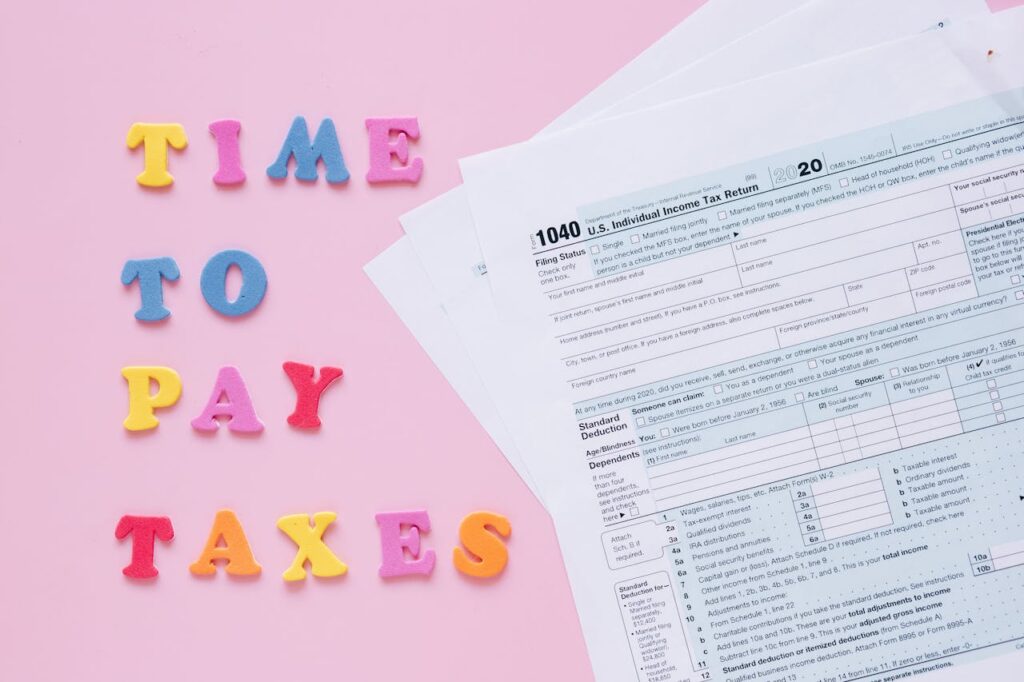Introduction
Emigrating from Canada involves significant tax considerations, including determining residency status, reporting a departure date, and understanding the tax implications of assets and income.
This article explores the key tax issues faced by individuals leaving Canada and offers guidance on how to navigate them effectively.
Departure Date and Residency Status
Defining Tax Residency
Canadian tax residency is determined based on residential ties, which include:
- Primary Residential Ties: A home, spouse, or dependents in Canada.
- Secondary Residential Ties: Personal property, driver’s license, bank accounts, and other economic connections.
A taxpayer ceases to be a Canadian tax resident only after establishing residency in another country. This distinction ensures that taxpayers maintain a clear tax residence, as Canada does not recognize stateless residency for tax purposes.
Reporting Departure Date
The departure date marks the end of Canadian tax residency and must be reported on the T1 tax return for the year of emigration. It is typically the latest of:
- The date the taxpayer physically leaves Canada.
- The date a spouse or dependents leave Canada.
- The date the taxpayer establishes residency in a new country.
While proof of departure is not required, the CRA can challenge the self-reported departure date and reassess taxpayers in the future, potentially leading to penalties for late filing or inaccuracies.
Departure Tax
When taxpayers emigrate, they are deemed to have disposed of their property at fair market value, triggering potential capital gains or losses. This deemed disposition, often referred to as "departure tax," applies to most assets, except:
- Exempted Property:
- Real property in Canada.
- Personal-use property valued under $10,000 (e.g., clothing).
Calculating Departure Tax:
- Capital gains are calculated as 50% of the difference between the fair market value at departure and the acquisition price.
Ongoing Canadian Tax Obligations
Withholding Tax
Emigrants earning Canadian-source income, such as rental income or royalties, are subject to a 25% withholding tax. This rate may be reduced under applicable tax treaties.
Income from Employment or Business
Income earned from employment or business activities in Canada remains taxable. Tax treaties or foreign tax credits may reduce double taxation risks.
Impact on RRSPs and TFSAs
Registered Retirement Savings Plans (RRSPs)
- Contributions: Non-residents cannot contribute unless they have Canadian-earned income.
- Withdrawals: Taxable in Canada at withholding tax rates, and potentially in the new country of residence.
Tax-Free Savings Accounts (TFSAs)
- Contributions: Non-residents cannot accrue new contribution room, and contributions are subject to a 1% monthly tax until withdrawn or residency is re-established.
- Withdrawals: Tax-free in Canada but may be taxable in the new country of residence.
Note: Relief from TFSA penalties is discretionary under subsection 207.06(1) of the Income Tax Act, but taxpayers should not rely on it.
Avoiding Common Tax Issues
- Understand Tax Treaties:
- Tax treaties between Canada and the new country of residence can lower withholding tax rates and mitigate double taxation.
- Accurately Report Departure Date:
- Maintain documentation to substantiate your departure date in case of future CRA reviews.
- Manage RRSPs and TFSAs Carefully:
- Ensure compliance with contribution limits and withdrawal rules to avoid unexpected taxes or penalties.
- Seek Professional Guidance:
- Navigating emigration tax issues can be complex. Consult a tax professional to ensure compliance and minimize liabilities.
Conclusion
Emigrating from Canada involves navigating a complex tax landscape, including departure tax, withholding tax, and the management of Canadian investment accounts. By understanding the rules and planning ahead, taxpayers can avoid costly mistakes and ensure a smooth transition.
For tailored advice, consult a tax professional to address your specific circumstances and optimize your tax strategy when emigrating.
This article is written for educational purposes.
Should you have any inquiries, please do not hesitate to contact us at (905) 836-8755, via email at info@taxpartners.ca, or by visiting our website at www.taxpartners.ca.
Tax Partners has been operational since 1981 and is recognized as one of the leading tax and accounting firms in North America. Contact us today for a FREE initial consultation appointment.


